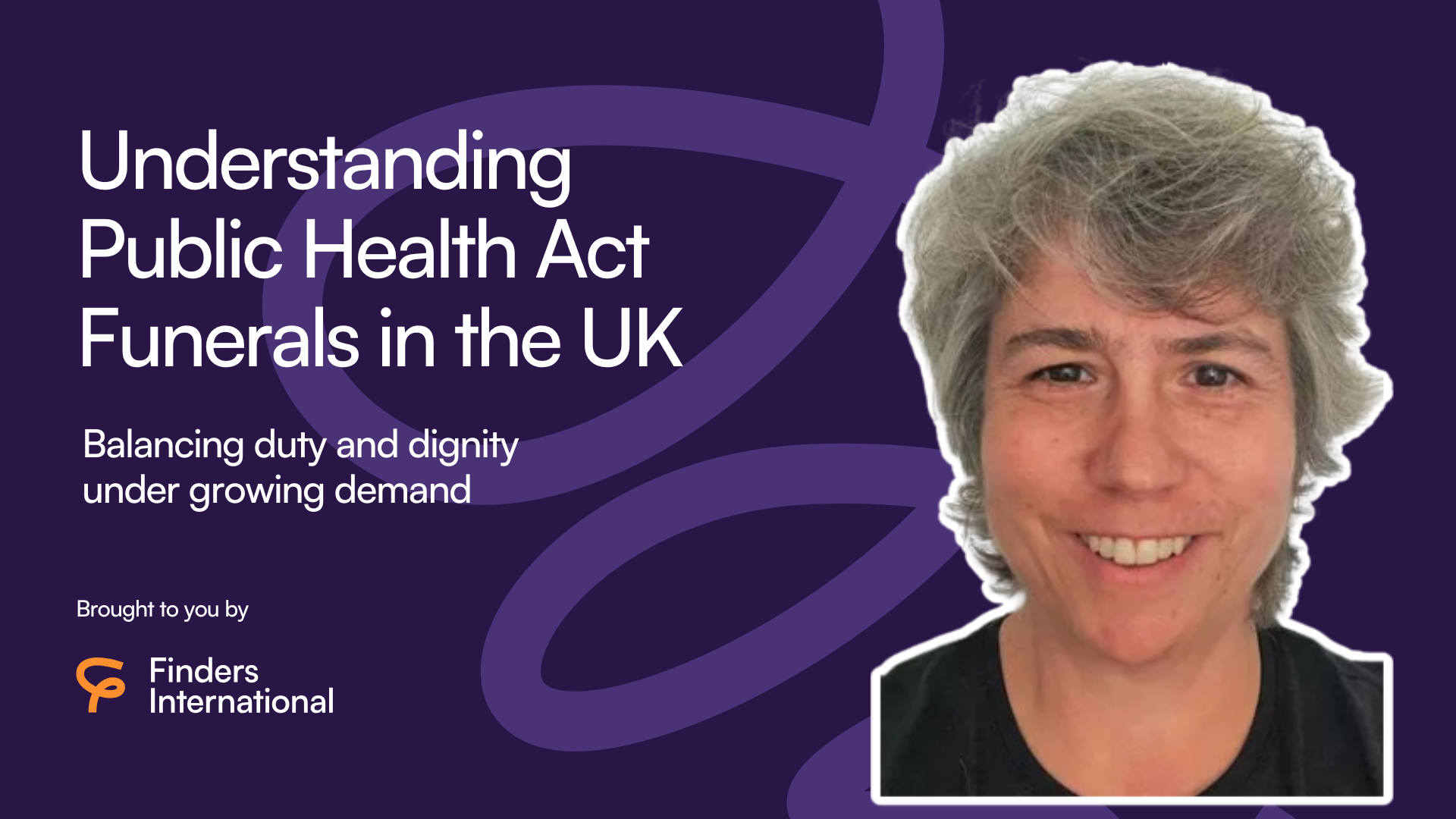January 8, 2026
Safeguarding Adults Week: Recognising Red Flags in Inheritance and Estate Matters

Safeguarding Adults Week is an important opportunity for organisations and professionals to reflect on how we can better protect vulnerable individuals from harm, including within the sensitive context of estate planning, inheritance matters, and the administration of estates.
While financial abuse often takes place quietly and behind closed doors, its impact can be profound. For those working in legal services, probate research, local authorities, and social care, vigilance is essential. At Finders International, our teams regularly work with estates affected by suspicion of undue influence, coercion, or financial exploitation, and we understand just how crucial early recognition can be.
The Ann Craft Trust – widely recognised as a leading UK authority on safeguarding adults – emphasises that financial abuse is one of the most common and damaging forms of harm experienced by vulnerable adults. Their guidance highlights that safeguarding is everyone’s responsibility, particularly when an individual’s ability to make informed decisions may be impaired due to age, illness, cognitive decline, or social isolation.
Understanding Undue Influence in Estate Contexts
Undue influence occurs when someone uses pressure, persuasion, or manipulation to override an individual’s free will, often resulting in changes to a Will, property decisions, or unusual financial arrangements. In probate and estate research, these situations can surface when unexpected beneficiaries appear, documents contain inconsistencies, or long-standing family relationships have been abruptly disrupted.
While no two cases are ever the same, there are recurring indicators that professionals should be mindful of. Below are five common signs that may suggest undue influence or financial abuse in estate and inheritance matters:
- Sudden or unexplained changes to a Will
Particularly when these amendments heavily favour one individual who was not previously involved or connected. - Isolation of the vulnerable person
If a new acquaintance, carer, or distant relative restricts access to friends, family, or independent advisors, this can be a strong warning sign. - Dependence combined with control
Where someone appears to be taking charge of all financial or personal decisions, speaking on behalf of the individual, or limiting their autonomy. - Unusual financial activity
Withdrawals, property transfers, changes to ownership, or significant gifts that do not align with the person’s history or known intentions. - A beneficiary or influencer present during legal discussions
Legitimate professionals will want to speak to the individual privately, without pressure or observation.
Why Caseworker Vigilance Matters
Caseworkers, probate professionals, and public-sector teams often find themselves in a unique position to spot patterns or inconsistencies that others might miss. Their role is not only administrative – it is protective. By identifying red flags early, documenting concerns, and seeking advice from safeguarding leads or local authorities, they play an essential role in preventing exploitation and ensuring that vulnerable adults’ wishes and rights are respected.
At Finders International, our caseworkers receive ongoing training to recognise concerning circumstances, escalate suspicions appropriately, and work collaboratively with safeguarding partners. We believe that robust safeguarding practices are fundamental to ethical estate administration and to honouring the true intentions of those whose estates we help to manage.
Safeguarding Adults Week serves as a timely reminder that financial abuse is preventable when awareness is high, and action is taken early. By staying alert, informed, and committed to best practice, we can all contribute to protecting vulnerable adults and preserving the integrity of estate processes across the UK and Ireland.














